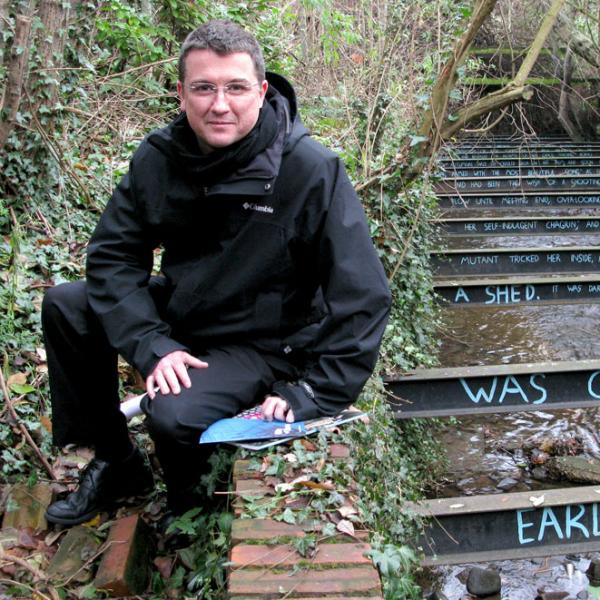CONEXUS: Co-producing nature-based solutions and restored ecosystems
The four-year, EU funded research project is working to create nature-based solutions to major global problems, in seven cities around the world.

The increasing pace of biodiversity loss, climate change and pollution are global problems, which require international solutions.
Cities around the world share challenges caused by landscape fragmentation, rapid growth and urban sprawl, while poorly planned urbanisation eradicates green areas and their associated ecosystems, which are so important to human health.
A greener approach to infrastructure design and management is needed and its implementation requires creative design and collaborative working across sectors.
The is a four-year EU funded Research and Innovation Action () project worth âŽ5m, which aims to support cities and communities to create nature-based solutions and restore urban ecosystems, by improving the shared knowledge needed to implement them.
What are nature-based solutions?
Nature-based solutions can be considered as that perform jobs normally carried out by hard infrastructure in cities, but which also provide benefits to human health and the environment.
In practice this might mean planting a rain garden in a town square, instead of installing concrete pipes, to manage water run-off from hard surfaces.
Not only does the planting do the same job as the pipes in terms of removing excess water, it also looks attractive, provides a habitat for pollinators and helps to cool the surrounding environment.
By creating nature-based solutions in cities in Latin America and Europe, the CONEXUS project aims to improve what is known about these innovative approaches and their delivery, in order to make their provision more accessible for cities around the world.
We need to better understand who pays and who receives the benefits of nature-based solutions, as well as the values and governance mechanisms that allow them to flourish.
Tom Wild
CONEXUS Principal Investigator
Working collaboratively
The systems, companies and planning measures that have created existing infrastructure networks are resilient and embedded.
As a result, even when a novel scheme attracts praise and investment, the âmainstreamâ often reverts back to fairly standard, conventional systems.
By working collaboratively with community, private, public and research partners and experimenting with novel co-production methods, the CONEXUS project aims to overcome some of the barriers associated with the adoption of nature-based solutions; achieving faster progress and informing changes in urban policy and practice.
Using a place-based approach, the CONEXUS project is informed by research in the fields of place-making, place-keeping and place-prescribing and aims to solve problems together with citizens.
Contributing staff
Life-Lab pilots
The CONEXUS project is working in seven cities around the world to create nature-based solutions, which address specific local challenges.
The aim is to help drive a step-change in urban policy and practice in Europe and Latin America, to ensure a wider uptake of these novel approaches.
The CONEXUS cities are:
- SÃĢo Paulo, Brazil
- BogotÃĄ, Colombia
- Santiago, Chile
- Buenos Aires, Argentina
- Lisbon, Portugal
- Barcelona, Spain
- Turin, Italy
CONEXUS is an inter-disciplinary project, which benefits from the input of academics across the University of 91ÖąēĨ, including:
Karl Evans - School of Biosciences
Miguel Kanai, Andy Inch and Stephen Hincks - School of Geography and Planning





